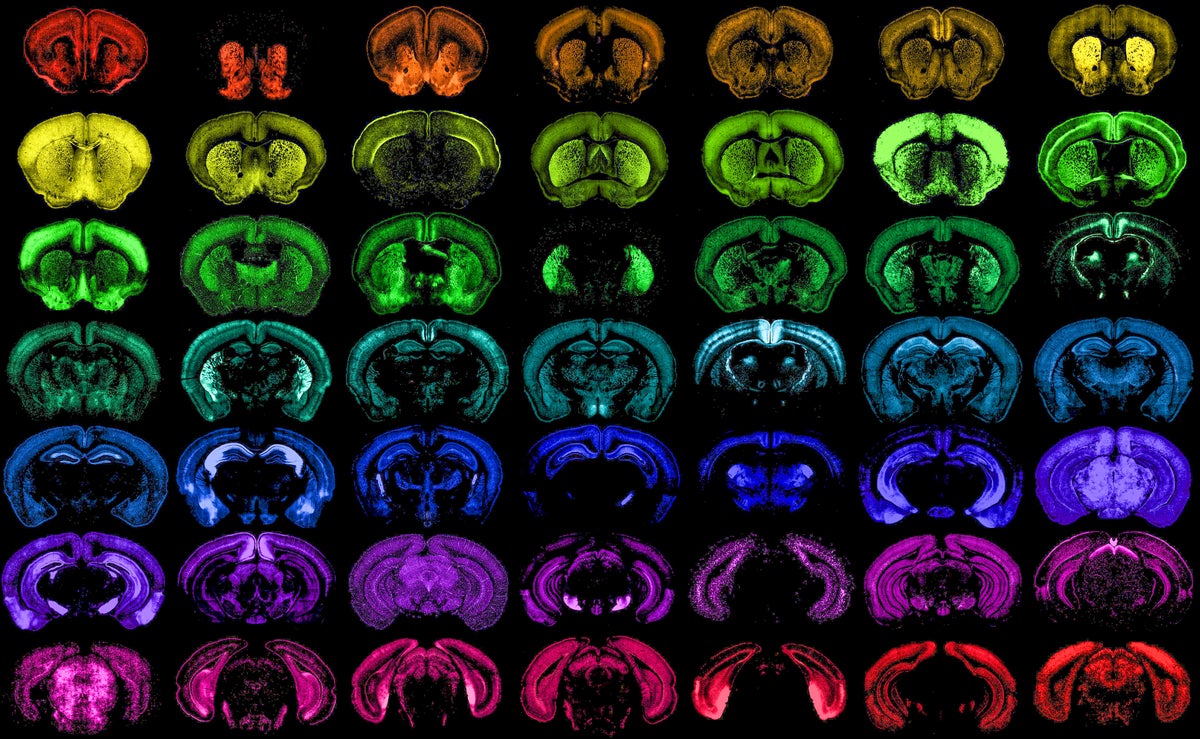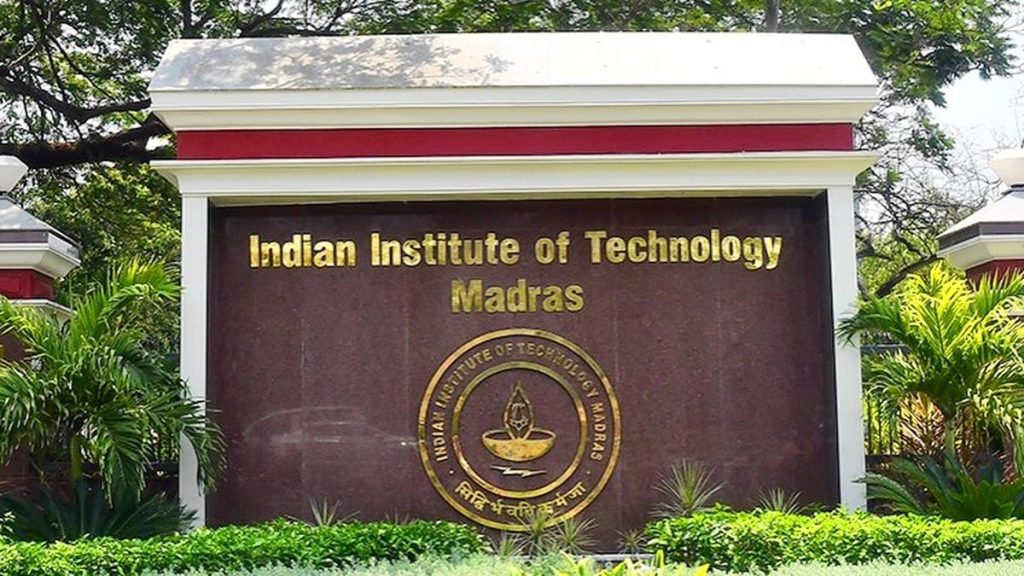Now Reading: Engineered Viruses Revolutionize Neuroscience and Brain Disease Treatment
-
01
Engineered Viruses Revolutionize Neuroscience and Brain Disease Treatment
Engineered Viruses Revolutionize Neuroscience and Brain Disease Treatment

speedy Summary:
- Neuroscientists identified over 3,000 types of brain cells critical to understanding brain function and disorders.
- A new set of tools uses adeno-associated viruses (AAVs) to deliver genes directly to specific cell types in the brain.
- In recent studies funded by the National Institutes of Health (NIH), scientists tested more than 1,000 genetic “enhancer” AAVs targeting specific cell types linked to Parkinson’s disease, ALS, Huntington’s disease, and others.
- the technique allows precise control over neuronal activity using optogenetics or gene modification for research and therapeutic purposes.
- Tested successfully on mice, rats, and macaques; researchers believe some tools may work in humans as potential treatments for neurodegenerative conditions.
Indian Opinion Analysis:
This breakthrough in neuroscience holds great meaning for India as neurodegenerative diseases like Parkinson’s impact millions across the contry due to aging demographics. With India emerging as a hub for medical research and biotechnology growth, this innovation opens possibilities for collaboration with global institutions on advanced gene therapies tailored to local health challenges. However, translating this complex science into affordable treatments suitable for Indian healthcare settings requires substantial investment in infrastructure and capability-building initiatives-critical given India’s resource constraints when addressing advanced neurological care at scale.
























